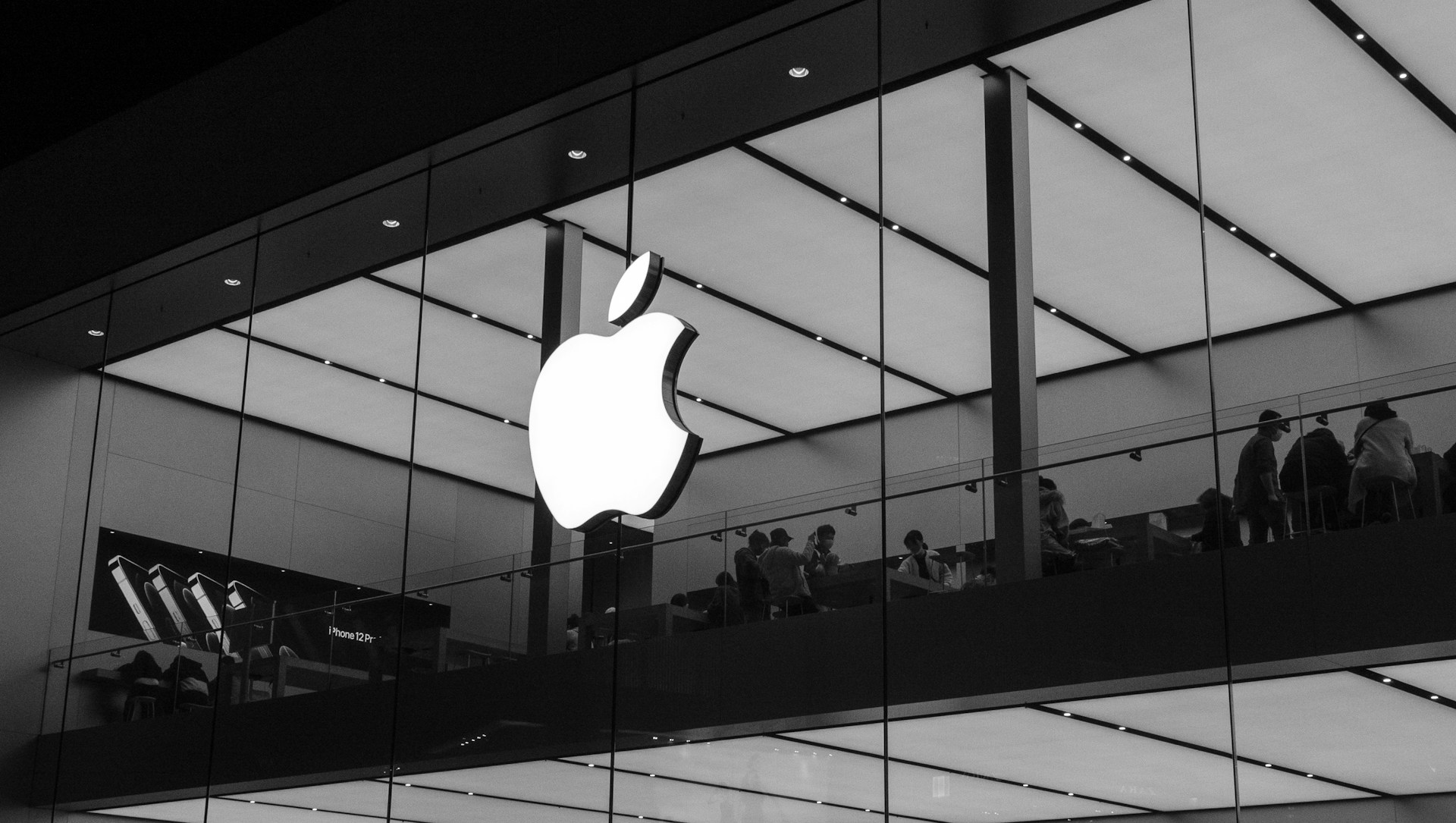Apple has officially launched its generative AI service, Apple Intelligence, across the European Union, including support for several official languages such as Spanish, French, German, and Italian. The rollout, tied to the release of iOS 18.4 and iPadOS 18.4, makes the features available to users with compatible iPhone and iPad models. However, the highly anticipated debut of Apple’s revamped Siri assistant — originally promised as a central part of the AI experience — has been delayed indefinitely, leaving many users disappointed.
The update, released quietly on Monday evening — just before April Fool’s Day in English-speaking countries — marked a milestone for Apple’s AI expansion into Europe. Apple Intelligence, which debuted five months ago in the United States exclusively in English, is now accessible to millions of European users, but with a significant catch: it’s missing what many considered its most innovative feature — the new, smarter Siri.
April had long been circled on Apple’s internal roadmap as the turning point for the broader rollout of its generative AI technology. The company had emphasized not only the language and geographic expansion of Apple Intelligence, but also the arrival of an entirely redesigned Siri with industry-leading capabilities. Apple’s voice assistant, originally a pioneer when it launched in 2011, still struggles with basic queries in its current form. During the 2024 Worldwide Developers Conference (WWDC), CEO Tim Cook and other Apple executives outlined their vision for a more intelligent, context-aware assistant — one that the company carefully branded as “personal intelligence,” deliberately steering away from the label “artificial intelligence.”
Powered by large language models, the new Siri was meant to be context-sensitive — understanding a user’s schedule, preferences, and past actions in order to provide far more personalized and complex responses. But just two weeks before the expected release, Apple began quietly acknowledging that the advanced version of Siri wasn’t ready. In a statement to the tech blog Daring Fireball, a company spokesperson explained, “It’s taking us more time than we anticipated to develop these features. We now expect to roll them out gradually over the next year.”
This delay became official with the arrival of iOS 18.4 and macOS 15.4, neither of which includes the new Siri experience. Adding to the confusion, Apple has removed all mentions of “personal intelligence” from its website and marketing materials, now referring to the technology simply as “artificial intelligence.” The company also took down promotional content that highlighted specific features which are no longer included in the current update. On its site, Apple now refers to these features in vague terms, stating only that they are “in development and will be available in a future software update,” without providing any concrete timeline.
According to internal sources at Apple, the upgraded Siri is unlikely to launch in 2025 and may only “potentially” be ready sometime in 2026. This uncertainty has left many users frustrated, particularly as Apple’s rivals — including Google and OpenAI — continue to push ahead with their own generative AI assistants.
For now, European users can access more basic Apple Intelligence tools in their native languages, including text generation and summarization features, but without the full suite of personalized AI functions that were originally promised. While the rollout marks a step forward in Apple’s global AI strategy, the absence of its most ambitious feature casts a shadow over what was meant to be a groundbreaking release.
